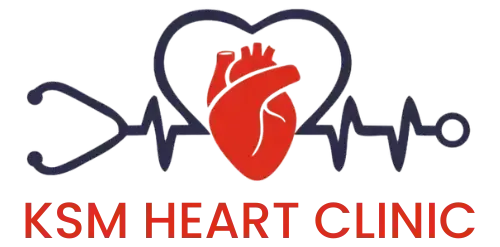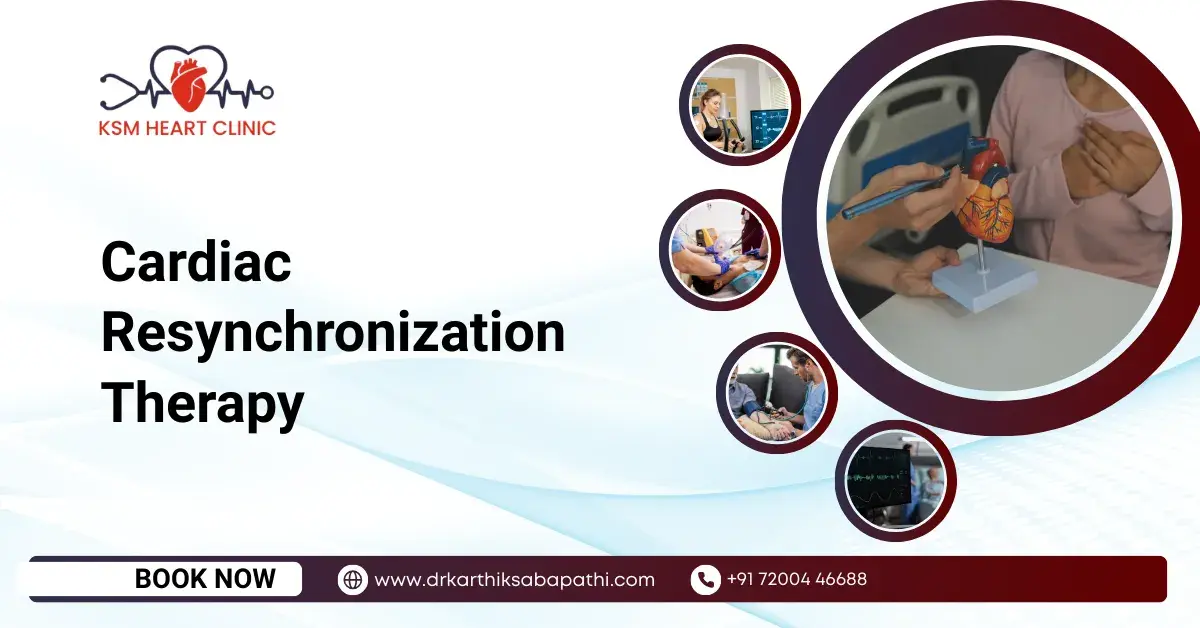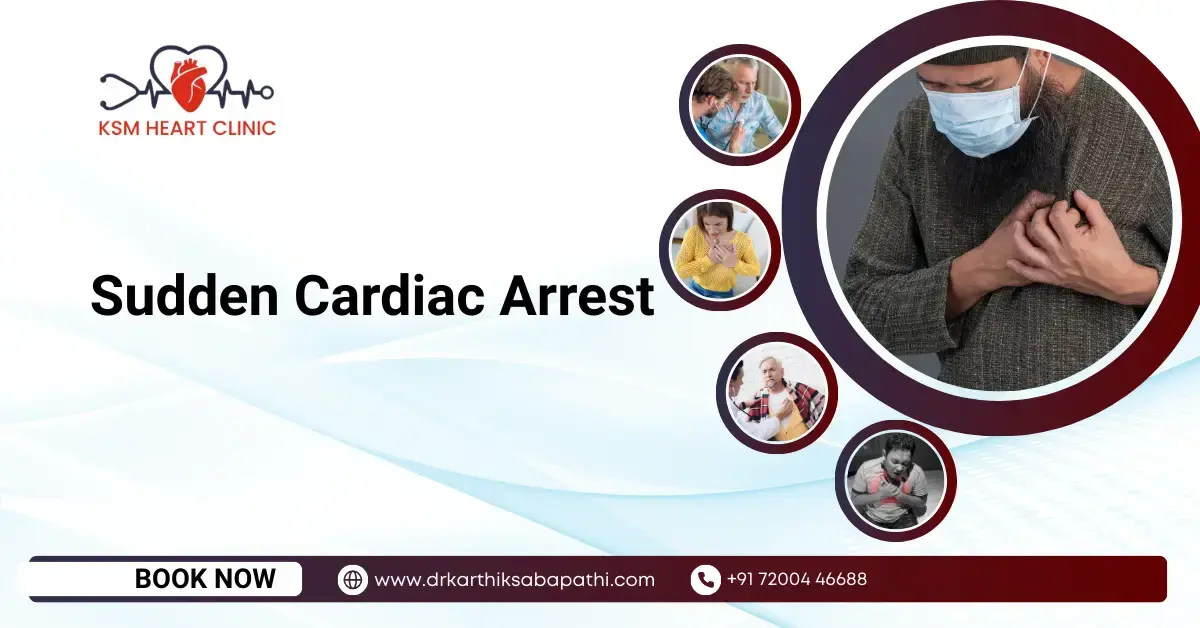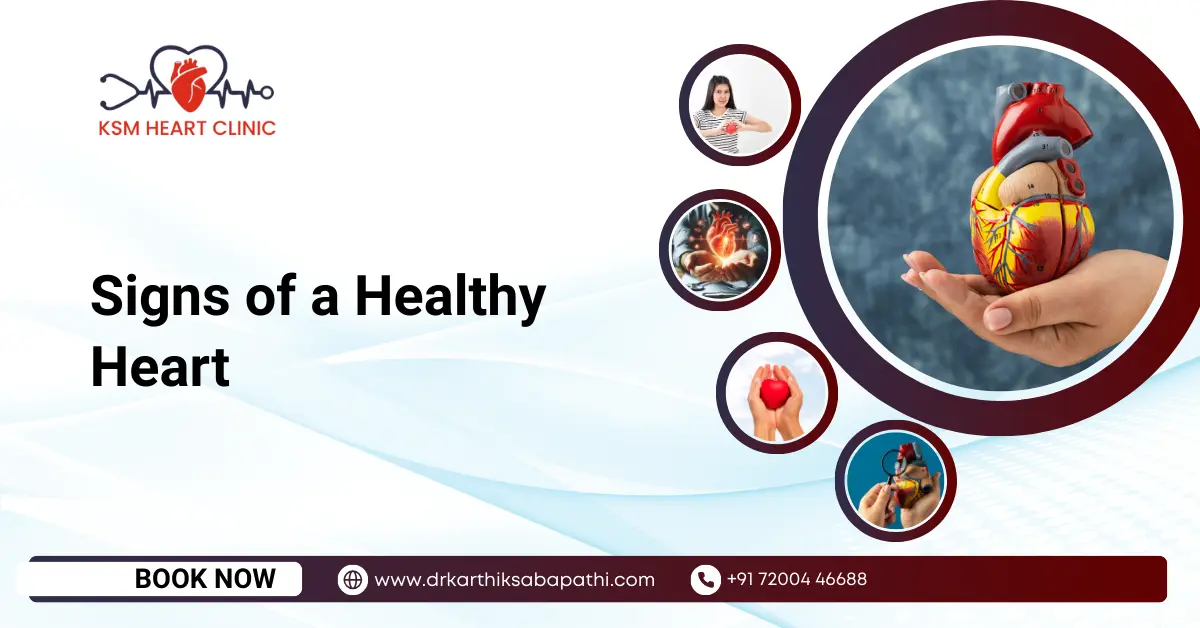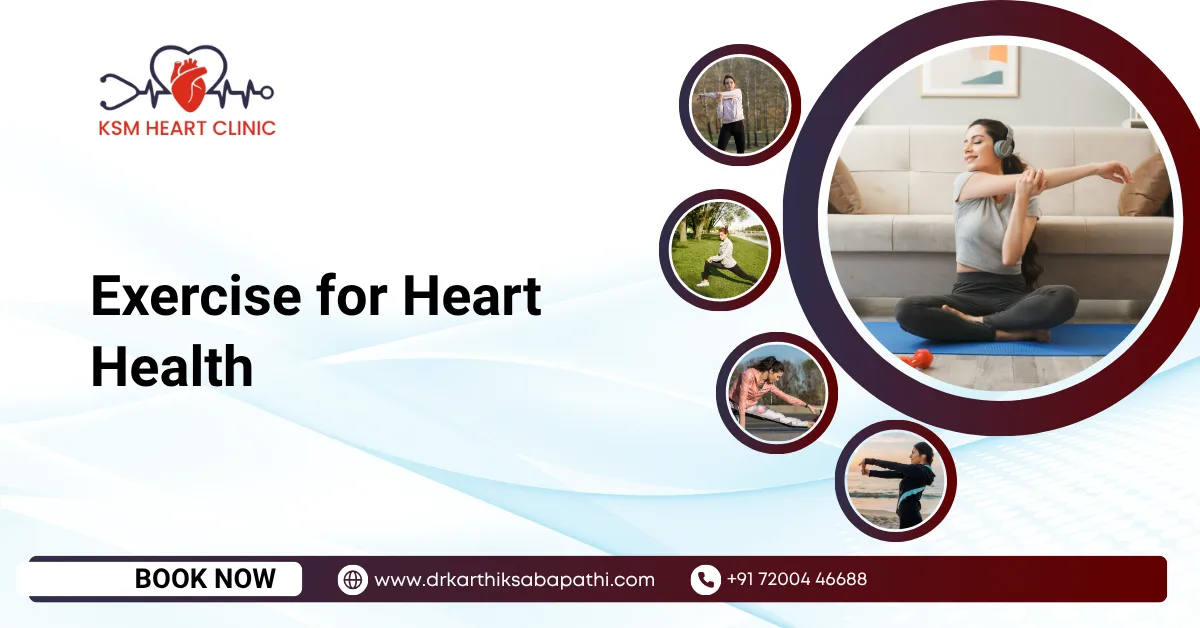Stress Echocardiography is a highly effective diagnostic tool that helps detect heart problems before they become serious. It provides doctors with valuable insights into how well your heart functions under stress, and the stress echocardiography test in Chennai ensures accurate diagnosis and treatment for local patients. The stress echocardiography cost in Chennai offers excellent value for its ability to reveal hidden heart conditions and guide timely care. Safe, quick, and reliable, this test empowers individuals to protect their heart health and lead a more active, confident life.
